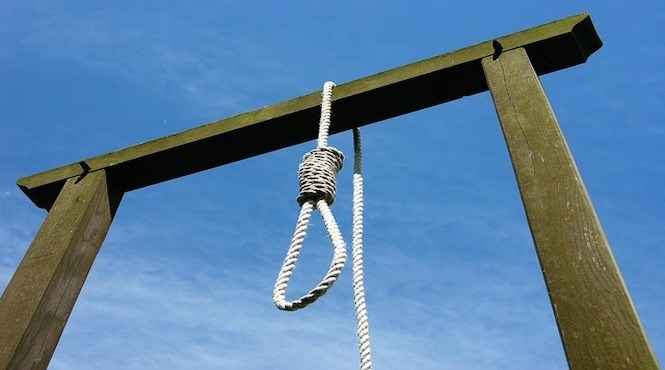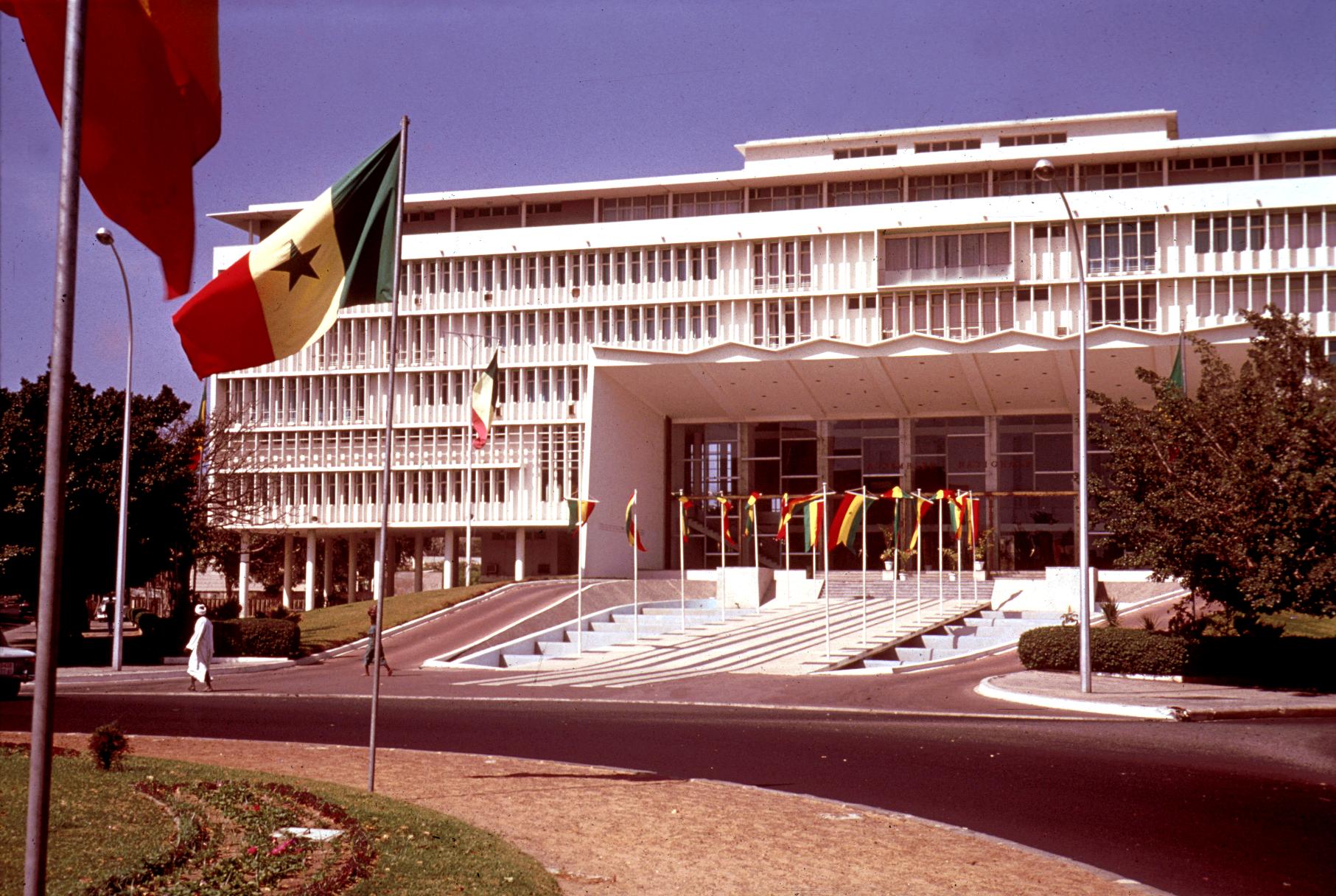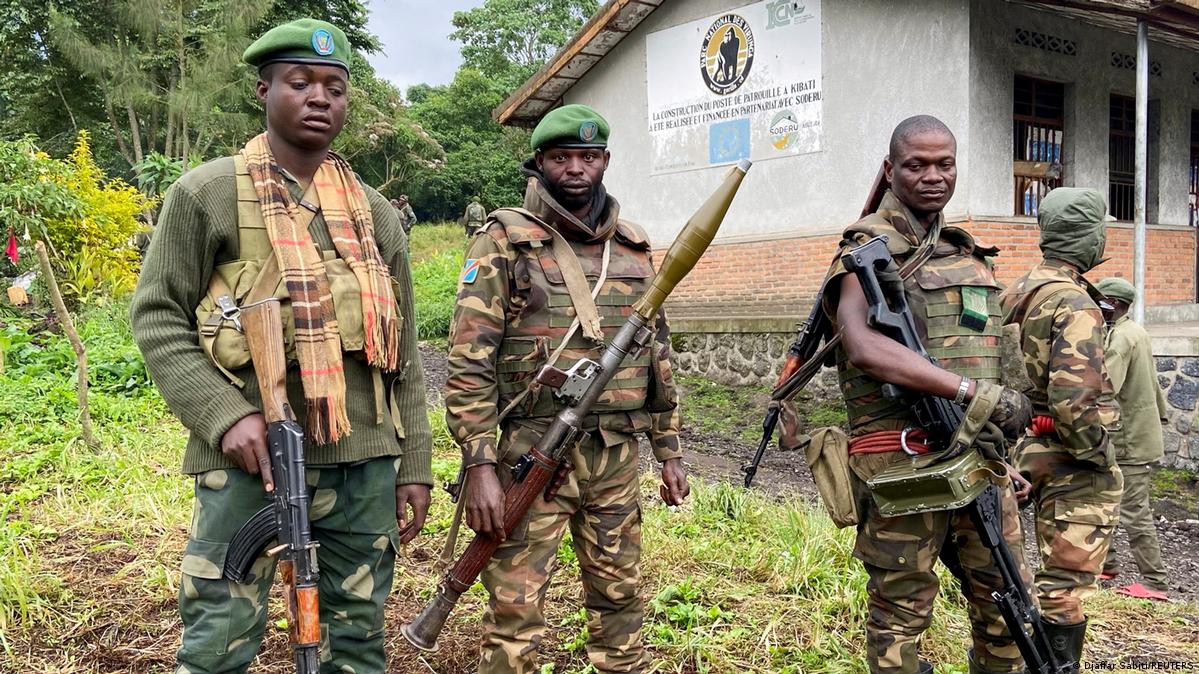The government of Zimbabwe has agreed to end the death penalty in the country after months of debate in parliament.
Speaking on Tuesday, Jenfan Muswere, information minister, said the cabinet’s decision was made following “countrywide consultations”.
“Cabinet approved the abolition of the death penalty,” Muswere said in a statement.
“In view of the need to retain the deterrent element in sentencing murderers, it is expected that the new law will impose lengthy sentences without violating the right to life.”
Advertisement
The minister said in the case of murders involving “aggravating circumstances,” convicts could face “life sentences”.
President Emmerson Mnangagwa, 81, who was once put on the death row, has been vocal in his criticism for the capital punishment.
Mnangagwa was sentenced to death in 1965 following accusations that he bombed a train while fighting for independence from British rule.
Advertisement
However, the president’s sentence was commuted after his lawyers argued that he was underage.
Although Zimbabwe has not executed anyone since 2005, the death penalty is still prevalent in many African countries, including Nigeria.
In states applying Sharia law, for example, rape committed by a married person and adultery by a married person carries a mandatory death penalty by stoning while “homosexual sodomy” and blasphemy also attract the death penalty.
Under the Criminal Code Act, killing someone unintentionally, without any intention to hurt another person, also carries a mandatory death penalty, as does armed robbery or robbery resulting in harm to a victim.
Advertisement
African nations where capital punishment has been abolished include Sierra Leone and the Central African Republic, while Equatorial Guinea and Zambia have scraped the death penalty for ordinary crimes only.
Human rights activists generally oppose the death penalty.
They argue that it is a violation of the right to life and is often applied in an arbitrary and discriminatory manner without affording vital due process.
They also highlight concerns about the potential for wrongful convictions, the inhumane nature of execution methods, and the lack of evidence that the death penalty acts as a deterrent to crime.
Advertisement
Add a comment






